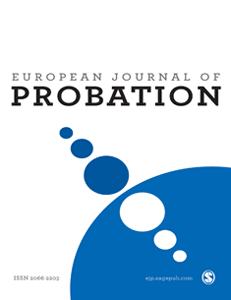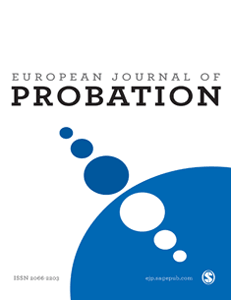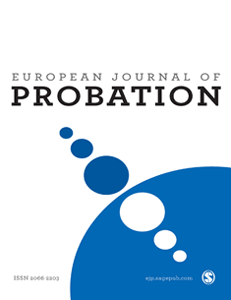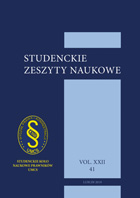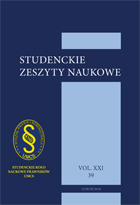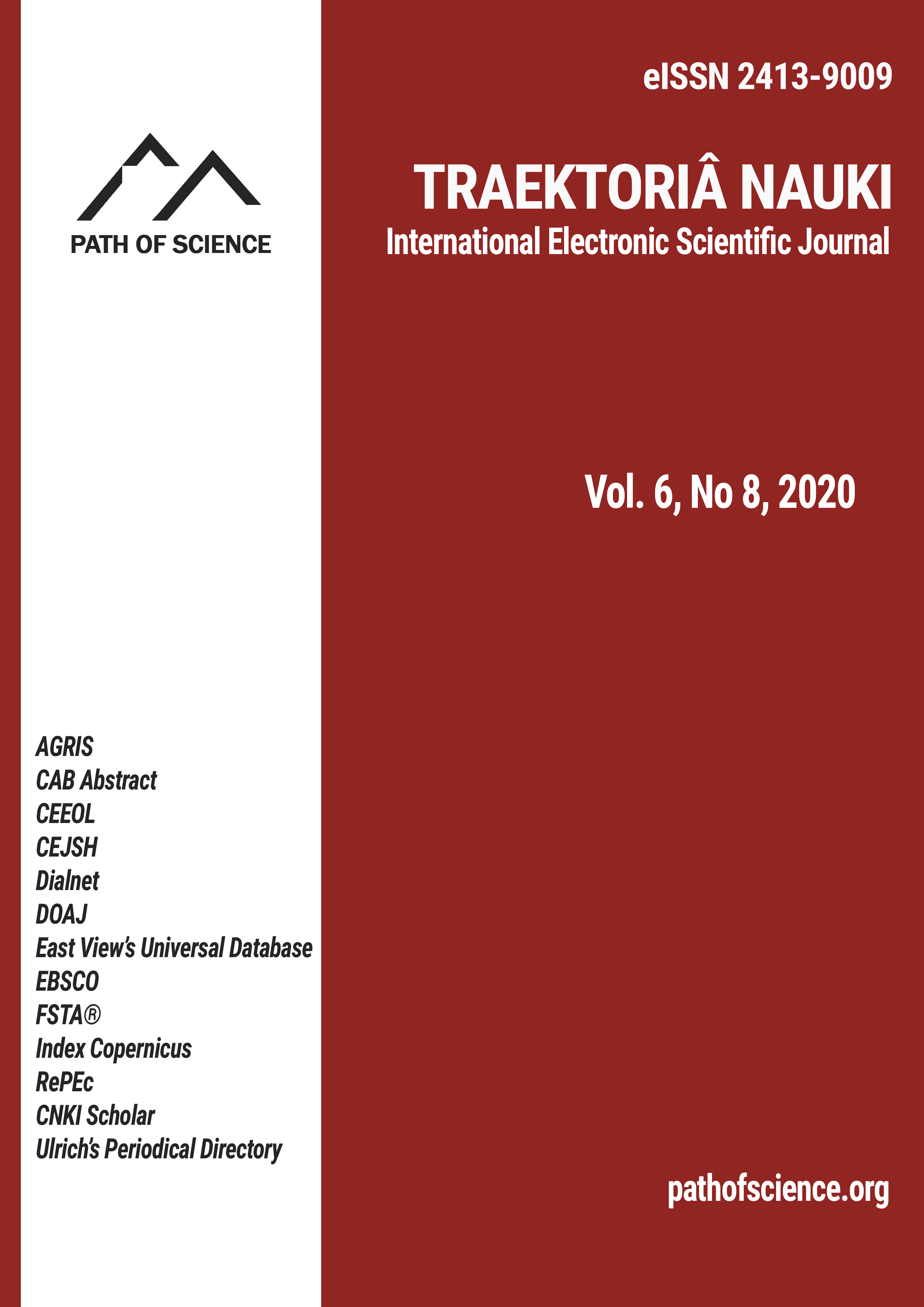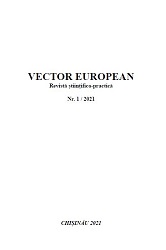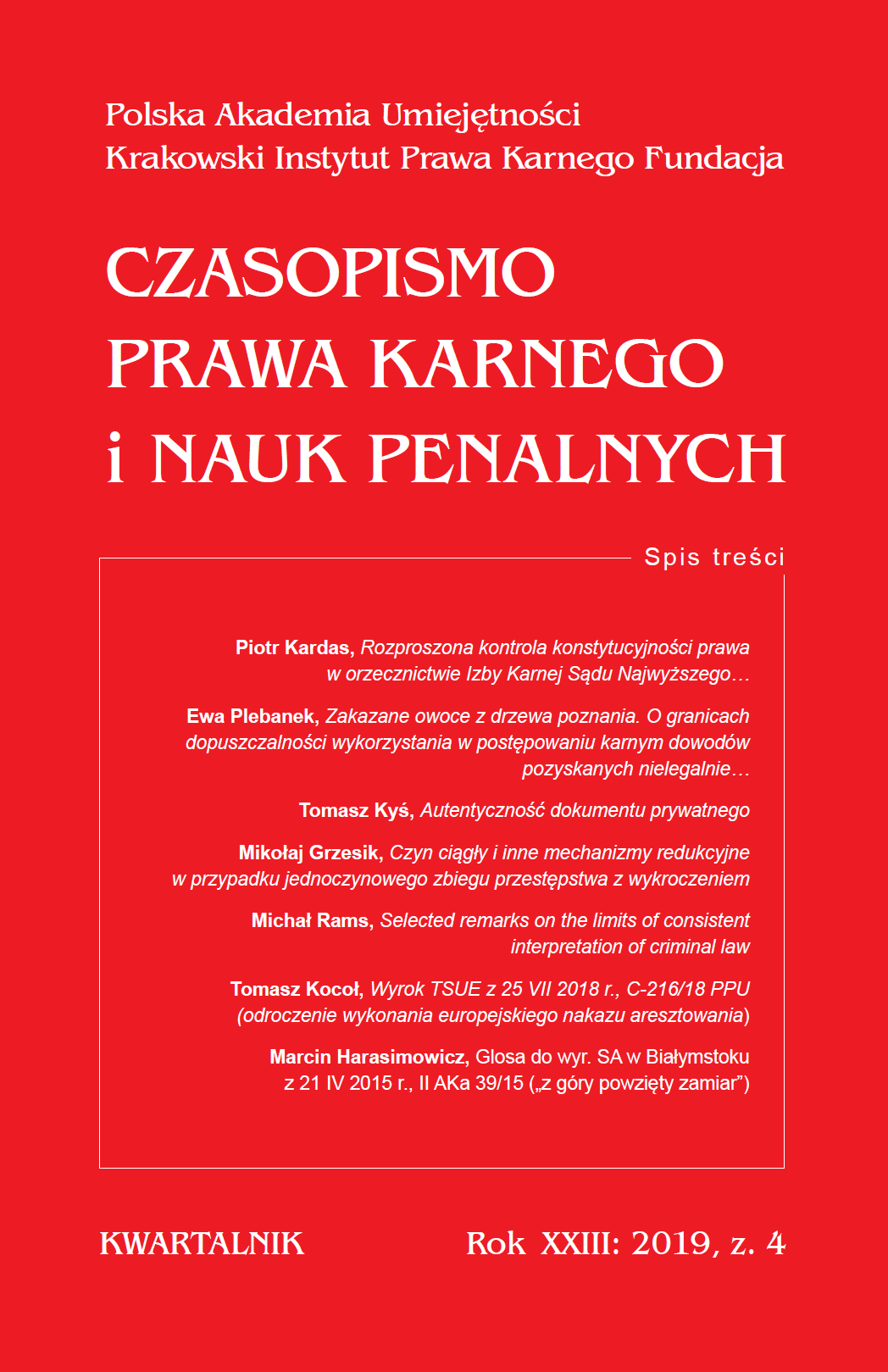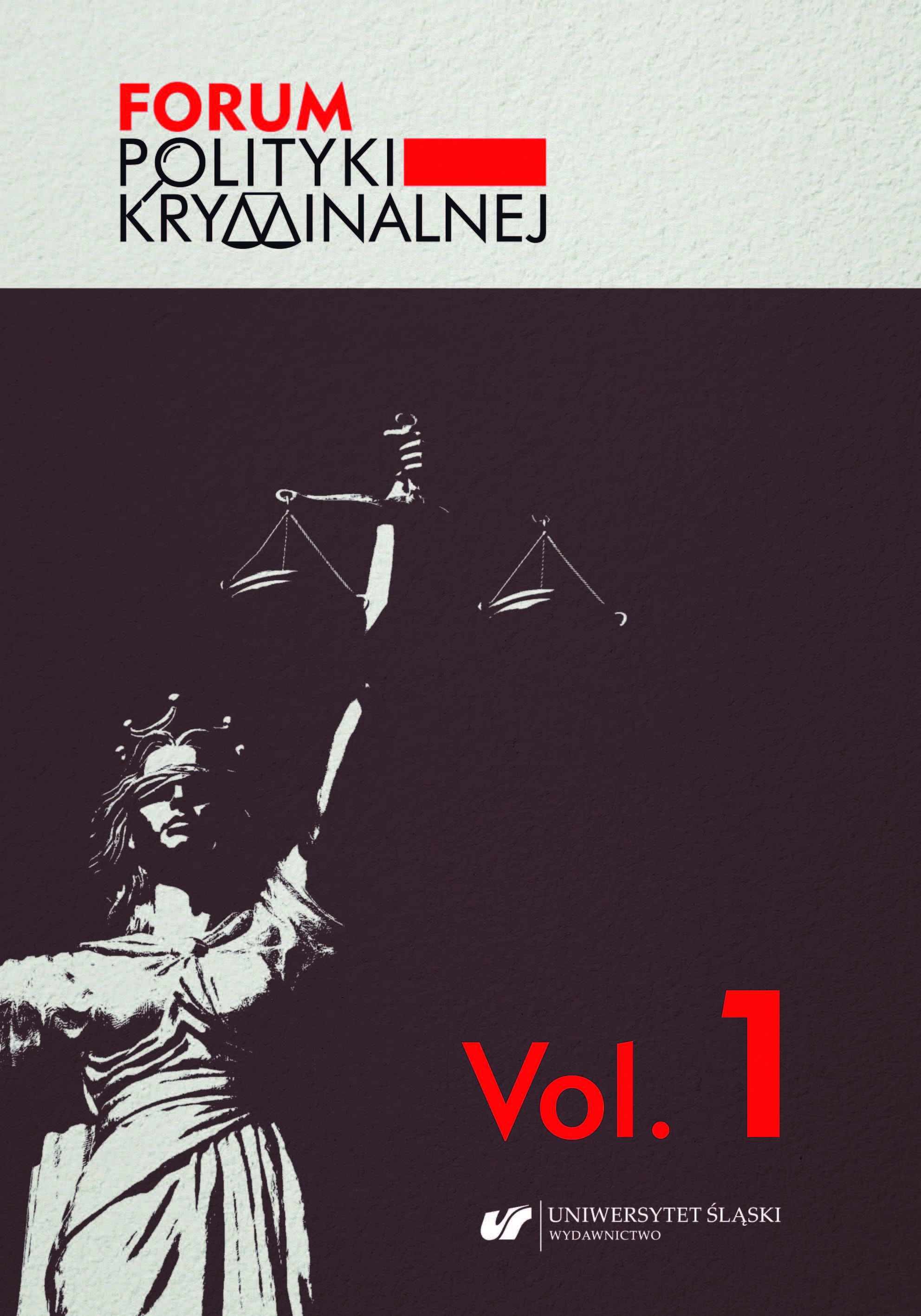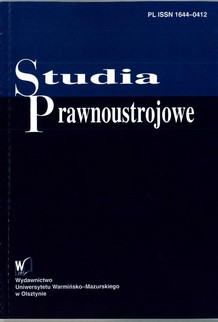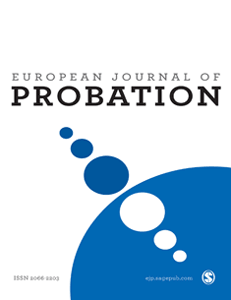
Developments and challenges in probation practice: Is there a way forward for establishing effective and sustainable probation systems?
Probation has been an historically important option for sanctioning criminal offending since the mid 1800s. Originally grounded in notions of volunteerism and community engagement to support rehabilitation of less serious offenders ‘through understanding, kindness, and sustained moral suasion’, probation was quickly institutionalized around the world as a major component of the criminal justice system. But modern probation practice is now struggling to define its proper aim, priorities and ways of working. Probation varies considerably across jurisdictions in how it is structured and organized, how well it is resourced, and how commonly it is used. But clearly what modern probation practice is ‘able’ to do in many jurisdictions does not match with what it ‘should’ do. The article will highlight some key challenges faced by probation and suggest some ways forward for it to get closer to what it ‘should’ do – in adopting a wellintegrated and evidence informed model of practice.
More...
